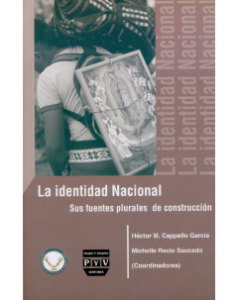The National identity: Your plural sources of construction
Synopsis
National identity is neither essential nor unchangeable. When the conditions that support a given nation-state change, the national identity changes. Likewise, when the nation-state does not respond to the expectations, aspirations and basic and secondary needs of the citizen, the identity changes, diminishes, transforms or emerges into new types of identities, which causes a dissolution of institutional integrity and loss. of social cohesion with respect to the organization of the nation-state. This relationship between demands of the nation-state towards citizenship and the expectations, aspirations and needs of the citizenship posed to the nation-state can be defined as an equation of reciprocity, whose maximums and minimums should be respected under penalty the breaking of the social contract that maintains the permanence of the nation-state. The growing anomie, the massive mobilizations against state policies, social insecurity and political violence, are the indicators of a substantial failure of the terms in which the equation of state-nation-citizenship reciprocity is given.
This leads us to recognize that identities arise or are molded from equally complex sources, which we call cultural, social, political or economic; that the processes of consolidation are key, among them the most important one: education and its changing scenarios of primary and secondary institutions, modeling attitudes, values ??and social representations, which give sui generis characteristics to organized social collectivities.

Downloads
Published
Categories
License

This work is licensed under a Creative Commons Attribution-NonCommercial-ShareAlike 4.0 International License.


